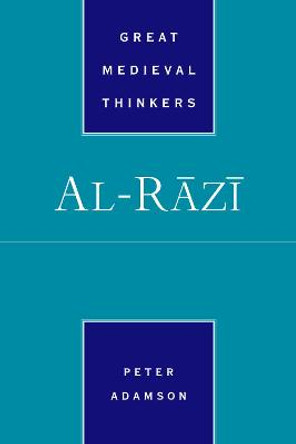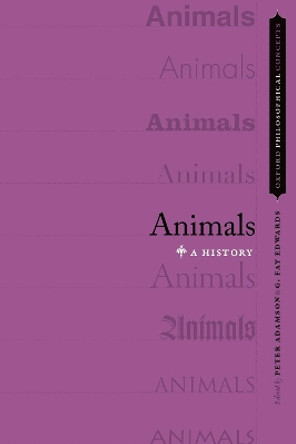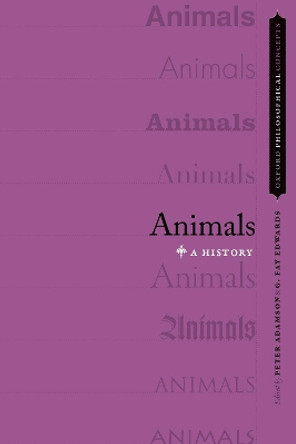This book introduces readers to Abu Bakr al-Razi (known in Latin as Rhazes), one of the most innovative and divisive figures of the early philosophical tradition in the Islamic world. Drawing on his extant works on ethics and a range of quotations and testimony from often hostile medieval authors, Adamson reconstructs Razi's cosmological system, which posits four principles alongside God for the making of the universe: Soul, Matter, Time, and Place. Adamson argues that this system is fundamentally based on Plato, while it accepts Aristotle's physics as a "relative" or superficial description of the universe. This notorious theory of the "five eternals" led to charges of heresy. But through an examination of his debates with contemporary Islamic theologians and representatives of Ismaili Shiism, Adamson shows that Razi's ideas about religion and prophecy may have been distorted by intellectual opponents. Razi's scientific contributions are also considered in depth. One chapter is devoted to the philosophically rewarding aspects of Razi's extensive writings on medicine. His ideas about alchemy are also discussed along with his atomist account of matter. The final chapter looks at Razi's views on ethics, and argues against a prominent interpretation of him as a hedonist inspired by Epicureanism. The book presupposes no prior knowledge of Razi or specialist knowledge of this period in the history of philosophy. It will be rewarding for anyone with an interest in the reception of Greek philosophy, especially Plato, in the history of medicine, or of medieval philosophy more generally.
About the AuthorPeter Adamson took his doctorate from the University of Notre Dame and first worked at King's College London. In 2012 he moved to LMU Munich, where he is Professor of Late Ancient and Arabic Philosophy. He has published widely in ancient and medieval philosophy, especially on Neoplatonism and on philosophy in the Islamic world.
ReviewsAdamson's monograph will endure as an indispensable research guide and index for crossreferences. * Rodrigo Adem, Georgetown University, Speculum: A Journal of Medieval Studies *
Putting together all the aspects of al-Razi's thought, be they philosophical, medical, or alchemical, is no mean achievement. Adamson in his presentation of Razian medical and alchemical works never loses his focus on the connection with the philosophical underpinnings. The book successfully argues that al-Razi, far from being a great physician and a poor philosopher, contributes much to philosophy in his own unique way. * Therese-Anne Druart, The Catholic University of America, Journal of the History of Philosophy *
Book InformationISBN 9780197555040
Author Peter AdamsonFormat Paperback
Page Count 260
Imprint Oxford University Press IncPublisher Oxford University Press Inc
Weight(grams) 567g
Dimensions(mm) 208mm * 137mm * 18mm









